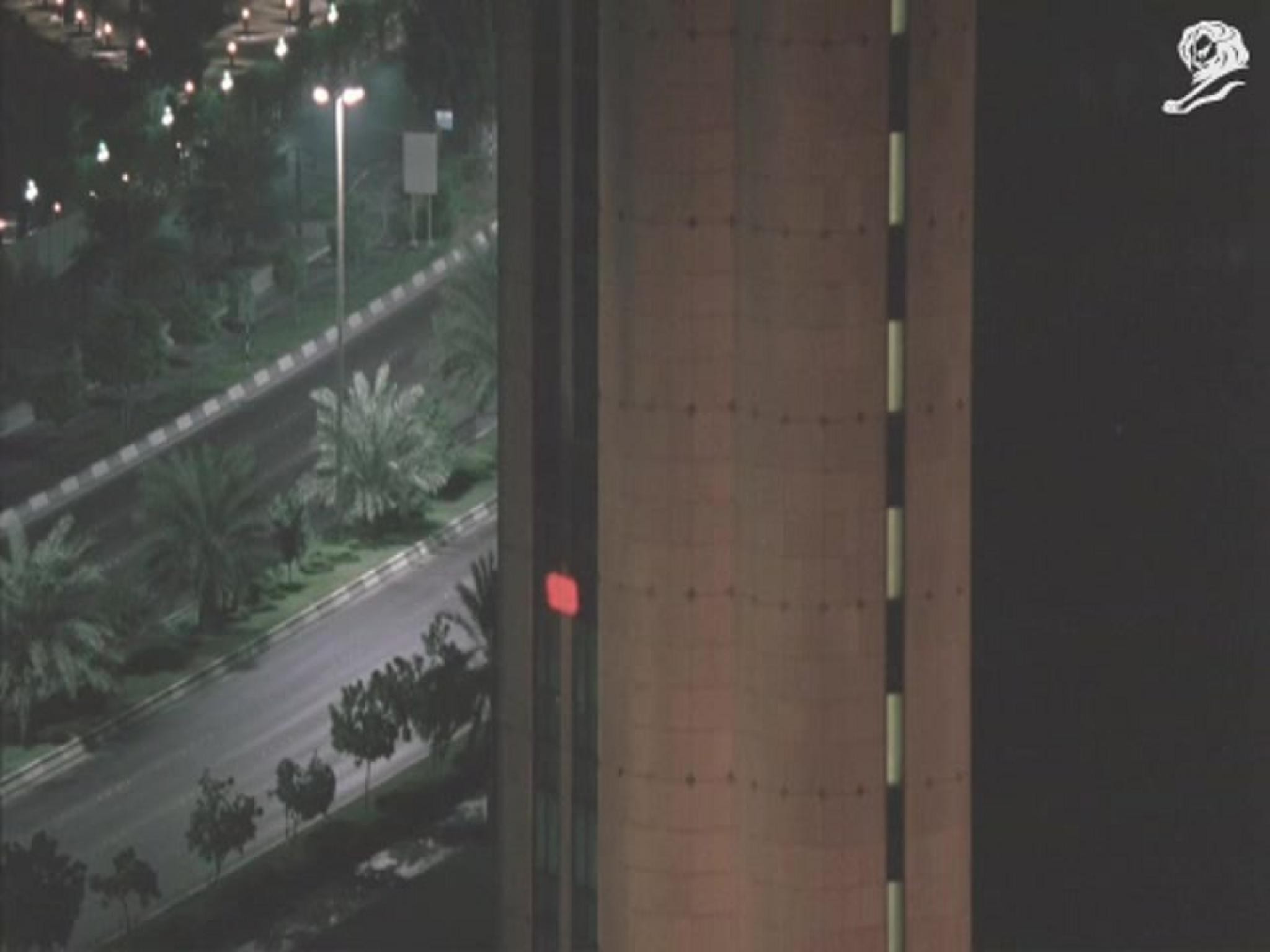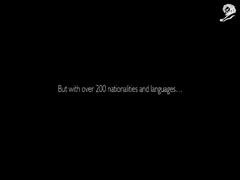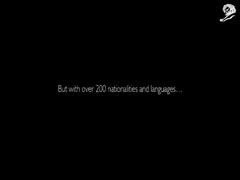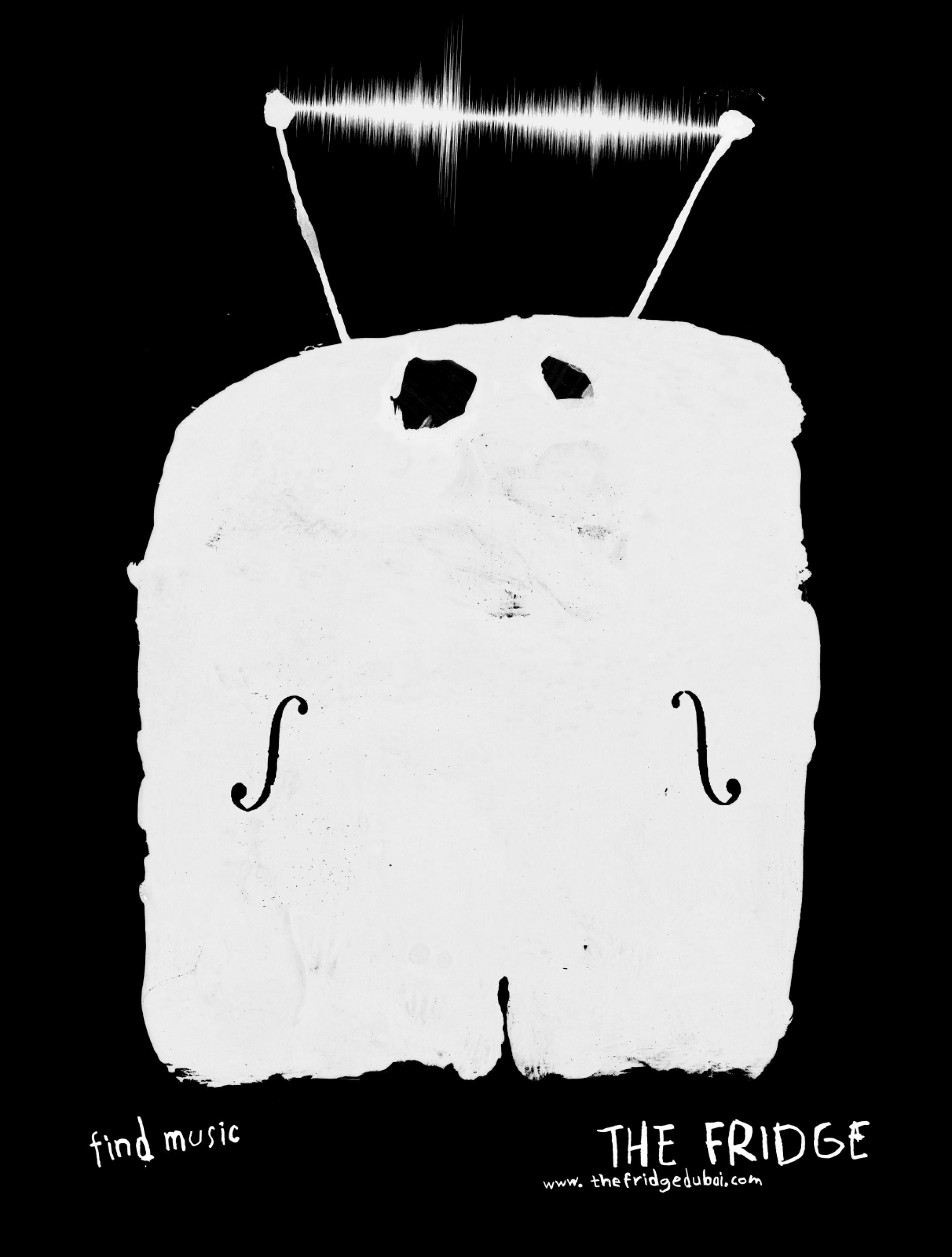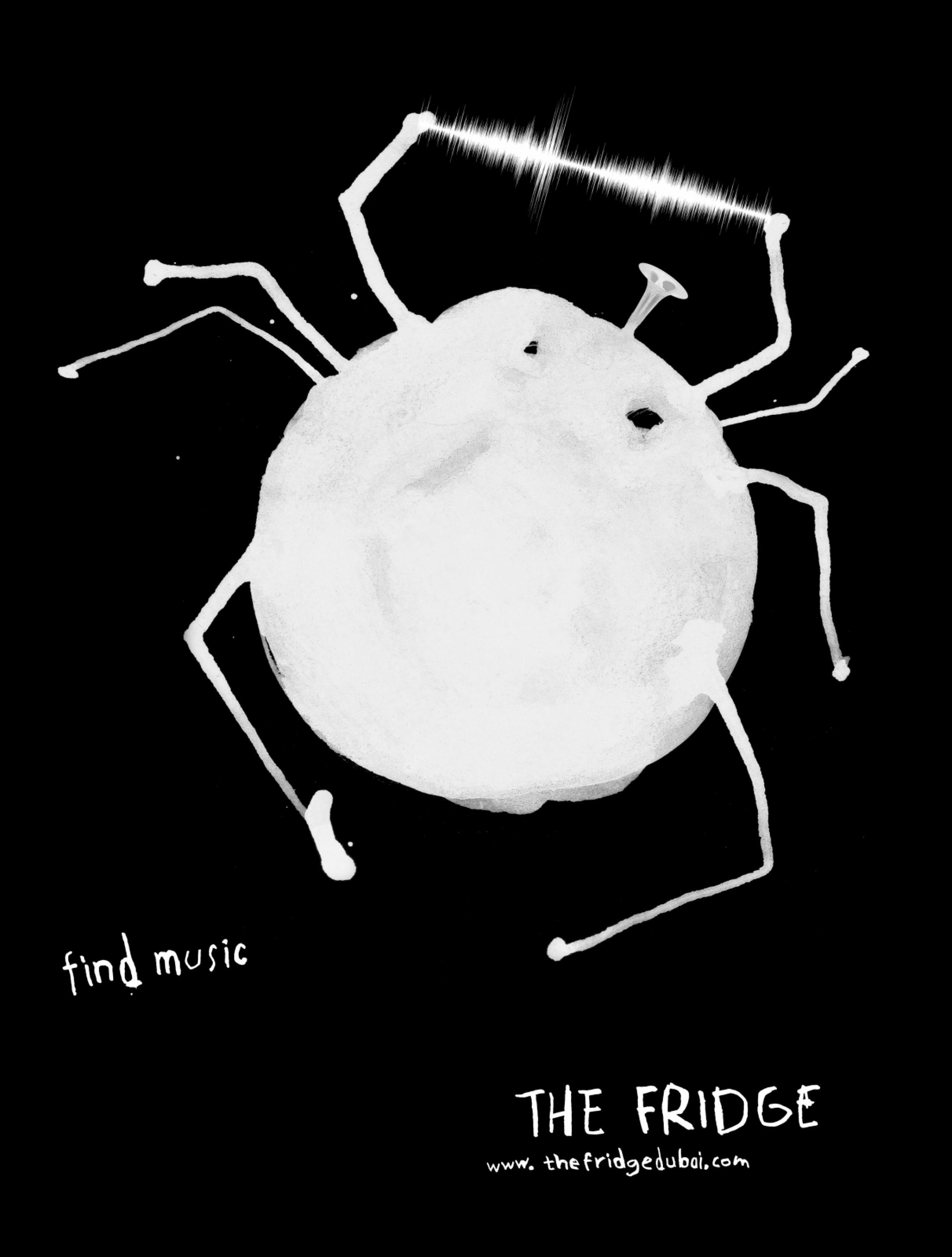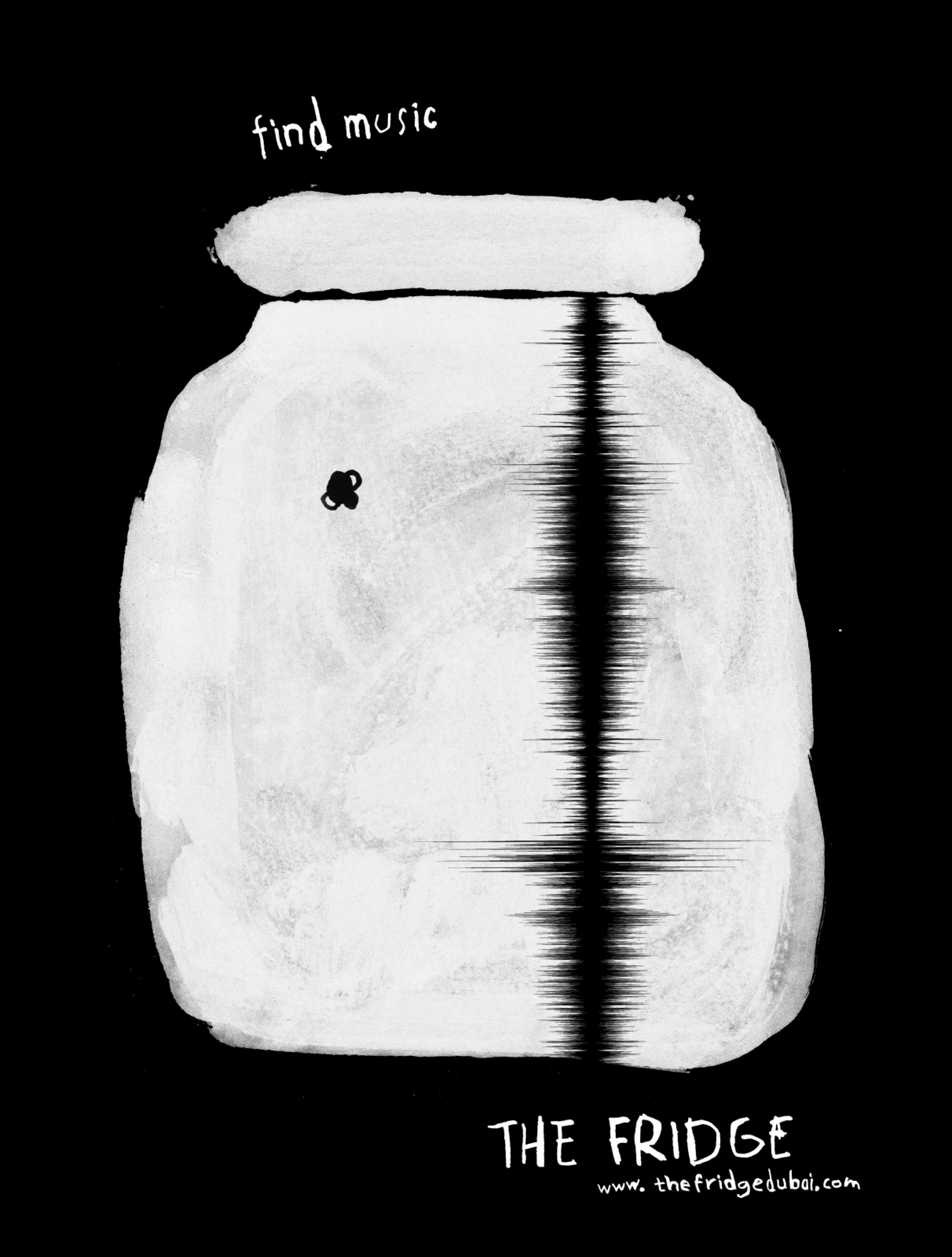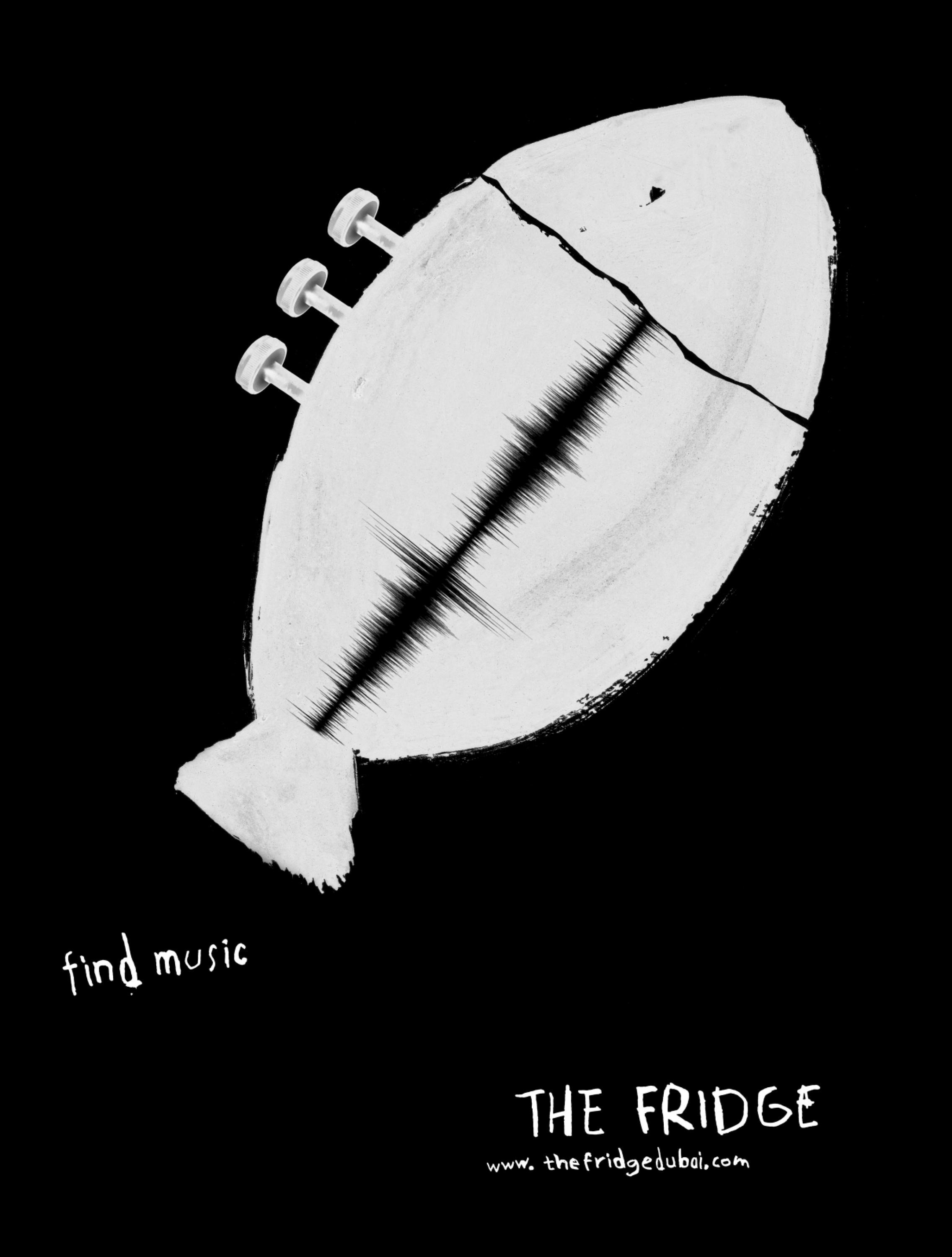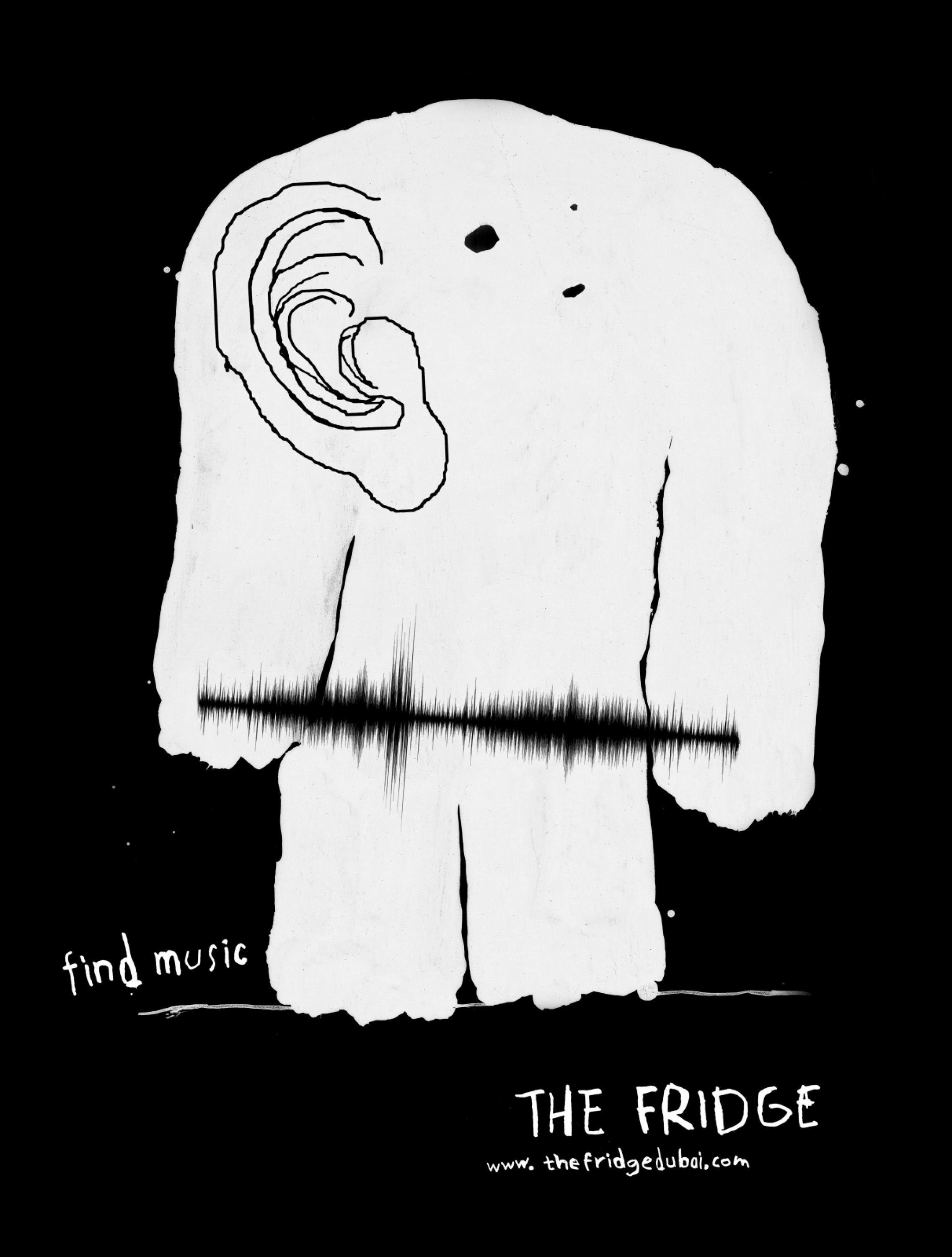Outdoor > Culture & Context
A CALL FOR DIALOGUE
TBWA\RAAD, Dubai / LEBANESE MINISTRY OF TELECOMMUNICATIONS / 2024
Awards:

Overview
Credits
Overview
Why is this work relevant for Outdoor?
This work is highly relevant for the Outdoor Lynx category because it creatively leveraged billboards, a traditional outdoor medium, to engage apathetic politicians and address a critical issue in Lebanon. By strategically placing billboards in key locations frequented by politicians, it transformed these static structures into dynamic tools for political change. The relevance lies in how this campaign effectively harnessed public spaces to communicate a powerful message, creating an immersive experience that compelled both politicians to confront the issue of non-communication in Lebanese politics.
Please note that the Jurors for Dubai Lynx will be coming from outside the region and may not be aware of the specific cultural nuances of your work.
Lebanon's landscape is characterized by a unique and complex political system, deeply rooted in sectarian divisions and a history of conflict. This system often results in political deadlock, as seen in the failure to elect a president, exacerbating the country's economic and social crises. In such a setting, communication between political factions is not just rare but culturally unexpected, with hostility often prevailing over dialogue.
The International Day of Dialogue, leveraged in our campaign, holds significant relevance in this context. It symbolizes a potential shift from entrenched sectarianism to open communication, a concept deeply resonant yet challenging for the Lebanese populace, given the prevailing cultural norms.
Moreover, the campaign's execution period coincided with an all-time low in public trust in government, against the backdrop of soaring inflation and crumbling infrastructure. This despair was mirrored on social media platforms, particularly 'X', where political discourse is rampant yet typically unproductive.
The use of outdoor billboards in strategically selected locations- outside politicians' homes and offices- isn't just a media strategy; it's a cultural statement. In Lebanon, such a bold move by a government entity, targeting its politicians, is unprecedented. It breaks through the cultural norm of passive government communication, directly challenging the status quo.
The media buzz generated, both locally and, also reflects Lebanon's cultural landscape, where politics is deeply interwoven with everyday life. The campaign's audacity in such a politically charged and divided society demonstrates a courageous step towards change, leveraging cultural moments and societal sentiments to create a powerful, resonant message.
Background:
Situation: Lebanon was in a severe political stalemate with no elected president due to persistent non-communication among politicians, deepening the nation's socio-economic crisis.
Brief Objectives: The campaign aimed to break this communication deadlock, urging politicians to engage in dialogue. The objective was to create a sense of urgency and responsibility among political leaders, while rallying public support and awareness.
Insight: Recognizing that politicians were using the flimsy excuse of not having each other's contact details, we identified a unique opportunity to use outdoor media as a direct intervention tool. Outdoor billboards, strategically placed where they couldn't be ignored, and digital platforms were leveraged to publicly display politicians' contact details. This bold media strategy was designed to corner politicians into acting, using their own excuses against them, while engaging the public in a nationwide call for dialogue.
Describe the Impact:
The "A Call to Dialogue" campaign yielded remarkable results:
• Political Impact: The campaign's direct approach led to the initiation of the presidential election process by the Lebanese parliament. Politicians, once uncommunicative, began engaging in dialogue and collaboration, breaking the longstanding political deadlock.
• Public Engagement: The Lebanese public, traditionally passive in political discourse, were galvanized into action. The campaign's visibility and boldness spurred widespread public support and participation in the political process.
• Media Coverage: The campaign garnered extensive media attention, highlighting its audacity and effectiveness. This not only amplified the campaign's message but also put additional pressure on politicians to respond.
• Cultural Shift: The campaign marked a significant shift in how government entities communicate and take action in Lebanon, setting a precedent for future governmental initiatives and public expectations.
Please tell us how the work was designed / adapted for a single country / region / market.
The "A Call to Dialogue" campaign was meticulously designed to address the unique political and cultural landscape of Lebanon, a nation marked by deep-rooted political divisions and a culture of avoidance in political communication. Recognizing the specificities of Lebanese politics, where direct confrontation is uncommon and political dialogue is often stalled, we adapted our approach to create unavoidable visibility and pressure. The placement of billboards in strategic locations such as politicians’ home villages, residences in the capital, and near their workplaces, was a culturally calculated move in a society where such public accountability is rare. Additionally, engaging with the Lebanese politicians and public through 'X', was a deliberate choice considering the active online political discourse prevalent in Lebanon. The campaign’s alignment with the International Day of Dialogue further rooted it in cultural relevance, ensuring that every aspect was tailored to effectively resonate within the singular context of Lebanon.
More Entries from TBWA\RAAD
24 items


